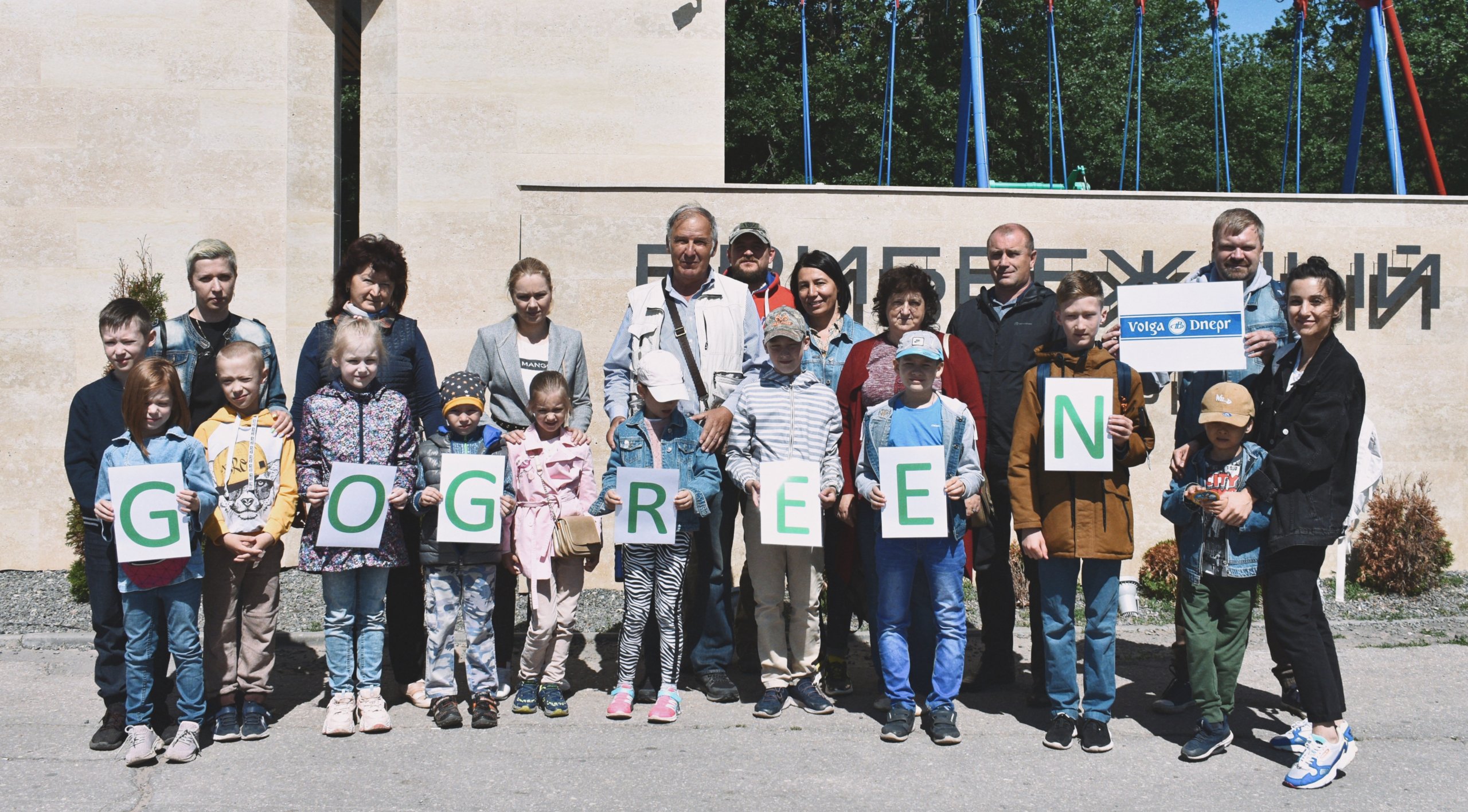Learning To Learn
Willingness to experiment, to scan the horizon for growth opportunities, to push yourself to acquire radically different capabilities is what can keep us on the surface nowadays. Though, to become a novice again and again while still performing your job can be an extremely discomforting notion for most of us. Here are four attributes you really need to succeed in your on-going learning marathon.
They are: aspiration, self-awareness, curiosity, and vulnerability. That is you’ll manage it if you
1) truly want to understand and master new skills;
2) if you see yourselves very clearly;
3) if you constantly think of and ask good questions; and
4) if you tolerate your own mistakes as you move up the learning curve.
Aspiration
It’s easy to see aspiration as either there or not: You want to learn a new skill or you don’t; you have ambition and motivation or you lack them. But great learners can raise their aspiration level and that’s key.
Think about the last time your company adopted a new approach—overhauled a reporting system, replaced a CRM platform, revamped the supply chain. Were you eager to go along? I doubt it. Your initial response was probably to justify not learning. (It will take too long. The old way works just fine for me.) When confronted with new learning, this is often our first roadblock: We focus on the negative and unconsciously reinforce our lack of aspiration.
When we do want to learn something, we focus on the positive—what we’ll gain from learning it—and envision a happy future in which we’re reaping those rewards. That propels us into action. Researchers have found that shifting your focus from challenges to benefits is a good way to increase your aspiration to do initially unappealing things.
Self-Awareness
Over the past decade or so, most leaders have grown familiar with the concept of self-awareness. They understand that they need to solicit feedback and recognize how others see them. But when it comes to the need for learning, our assessments of ourselves — what we know and don’t know, skills we have and don’t have — can still be woefully inaccurate. People who evaluate themselves most accurately start the process inside their own heads: They accept that their perspective is often biased or flawed and then strive for greater objectivity, which leaves them much more open to hearing and acting on others’ opinions. The trick is to pay attention to how you talk to yourself about yourself and then question the validity of that “self-talk.”
Let’s say your boss has told you that your team isn’t strong enough and that you need to get better at assessing and developing talent. Your initial reaction might be something like What? She’s wrong. My team is strong. Most of us respond defensively to that sort of criticism. But as soon as you recognize what you’re thinking, ask yourself, Is that accurate? What facts do I have to support it? In the process of reflection you may discover that you’re wrong and your boss is right, or that the truth lies somewhere in between—you cover for some of your reports by doing things yourself, and one of them is inconsistent in meeting deadlines; however, two others are stars. Your inner voice is most useful when it reports the facts of a situation in this balanced way. It should serve as a “fair witness” so that you’re open to seeing the areas in which you could improve and how to do so.
Curiosity
Curiosity is what makes us try something until we can do it, or think about something until we understand it. Great learners retain this childhood drive, or regain it through another application of self-talk. Instead of focusing on and reinforcing initial disinterest in a new subject, they learn to ask themselves “curious questions” about it and follow those questions up with actions. Employ the strategy in your working life by noticing the language you use in thinking about things that already interest you—How…? Why…? I wonder…? — and drawing on it when you need to become curious. Then take just one step to answer a question you’ve asked yourself: Read an article, query an expert, find a teacher, join a group—whatever feels easiest.
Changing Your Inner Narrative
| UNSUPPORTIVE SELF-TALK | SUPPORTIVE SELF-TALK |
| I don’t need to learn this. | What would my future look like if I did? |
| I’m already fine at this. | Am I really? How do I compare with my peers? |
| This is boring. | I wonder why others find it interesting. |
| I’m terrible at this. | I’m making beginner mistakes but I’ll get better. |
The next time you’re asked to learn something at the office, or sense that you should because colleagues are doing so, encourage yourself to ask and answer a few curious questions about it—Why are others so excited about this? How might this make my job easier?—and then seek out the answers. You’ll need to find just one thing about a “boring” topic that sparks your curiosity.
Vulnerability
Once we become good or even excellent at some things, we rarely want to go back to being not good at other things. So the idea of being bad at something for weeks or months; feeling awkward and slow; having to ask “dumb,” “I-don’t-know-what-you’re-talking-about” questions; and needing step-by-step guidance again and again is extremely scary. Great learners allow themselves to be vulnerable enough to accept that beginner state. In fact, they become reasonably comfortable in it — by managing their self-talk.
Generally, when we’re trying something new and doing badly at it, we think terrible thoughts: I hate this. I’m such an idiot. I’ll never get this right. This is so frustrating! That static in our brains leaves little bandwidth for learning. The ideal mindset for a beginner is both vulnerable and balanced: I’m going to be bad at this to start with, because I’ve never done it before. AND I know I can learn to do it over time. Simply acknowledging your novice status will make you feel less foolish and more relaxed.
Glossary
| Flux | Изменения, движение | Solicit feedback | Запрашивать обратную связь |
| Emerge | Появляться | Reinforce lack | Усугублять недостаток |
| Consumer behavior | Поведение потребителей | Reap rewards | Пожинать плоды |
| Sustainable | Устойчивый | Shift the focus | Сместить акцент |
| Competitive advantage | Конкурентное преимущество | Unappealing things | Непривлекательные вещи |
| Acquire capabilities | Приобрести умения | Woefully inaccurate | Крайне неточный |
| To become a novice | Начать сначала | Evaluate/assess oneself | Оценивать себя |
| Attribute | Качество | Be biased and flawed | Быть предвзятым и ошибочным |
| Aspiration | Сильное желание, стремление | Strive for objectivity | Стремиться к объективности |
| Self-awareness | Самосознание | Fair witness | Справедливый свидетель |
| Curiosity | Любопытство/любознательность | Retain the drive | Сохранить стремление |
| Vulnerability | Уязвимость | Respond defensively | Отвечать защищаясь |
| Master new skills | Овладеть новыми навыками | The truth lies somewhere in between | Истина где-то посередине |
| Tolerate mistakes | Терпимо воспринимать ошибки | Meet deadlines | Успевать к сроку |
| Learning curve | Дорога освоения | Query an expert | Спросить у эксперта |
| Raise aspiration level | Повысить устремленность | Your inner narrative | Внутренний голос |
| Adopt a new approach | Внедрять новый подход | Spark curiosity | Разжечь любопытство |
| Overhaul | Капитальный ремонт | Be scary | Быть устрашающим |
| Revamp supply chain | Изменить сеть поставщиков | Leave bandwidth for learning | Оставить место для обучения |
| Be eager | Очень хотеть | Mindset | Мышление, менталитет |
| Go along | Соглашаться, ладить | Acknowledge you novice status | Принять статус новичка |
| Confront with smth | Сталкиваться с чем-либо |




